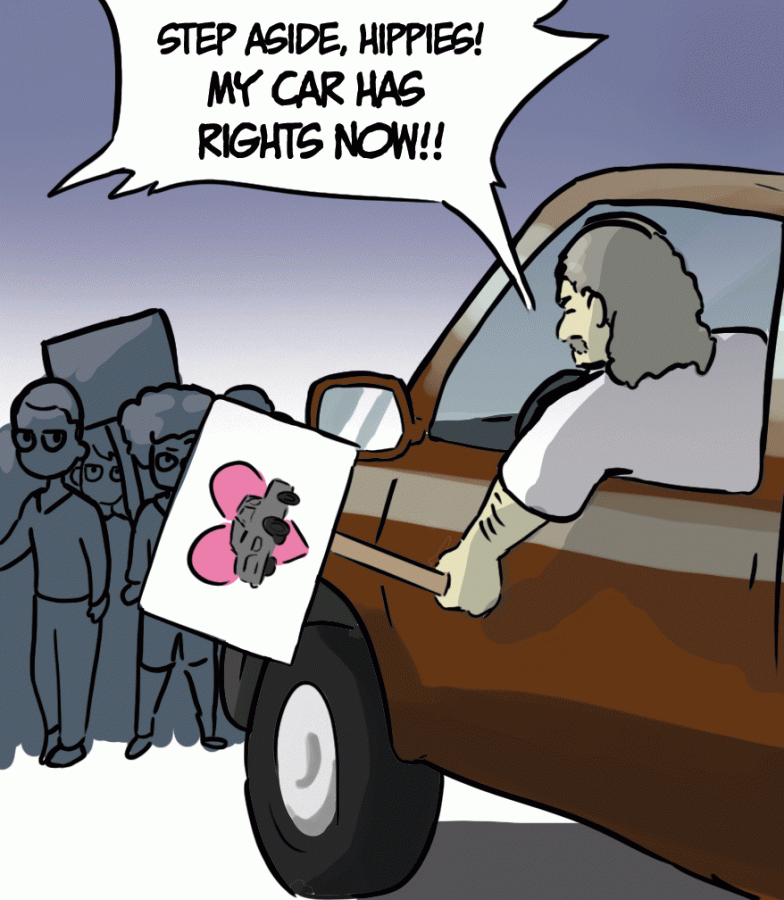Dodge Ram commercial sanitizes MLK’s legacy
In 1968, the Rev. Martin Luther King Jr. delivered a sermon preaching the importance of serving one’s community while eschewing the material possessions and advertisements that encourage envy. Entitled, “The Drum Major Instinct,” King was specifically critical of the automobile industry for propagating this behavior.
50 years later, Dodge Ram took King’s speech and used it to sell trucks, overlaying his words atop their Super Bowl LII commercial. The public outcry was swift and Ram quickly found itself the subject of criticism, primarily for its appropriation of King’s words for capitalist ends. The ad has drawn comparisons to last year’s ridiculously ill-conceived Pepsi commercial and its utilization of images of civil disobedience and activism. While I don’t want to put words in King’s mouth, I’m fairly certain the man who remarked, “the evils of capitalism are as real as the evils of militarism and evils of racism,” would be opposed to the use of his words in such a manner.
Ram’s advertisement features people in various states of struggle and hard work. Men working on a ranch, hoisting fishing nets in perilous waters and chopping wood. You know, that kind of salt-of-the-earth grit that Americans love. Interspersed throughout the ad is King’s voice espousing the value of service and shots of a Ram truck hurtling through mud and rain. The commercial ends with the words, “built to serve.”
Ram’s commercial was tacky and overwrought. Using one of King’s final sermons, while ignoring its context and what he stood for, was distasteful. The ad was manipulative, but when aren’t they? However, the commercial belies a larger problem, illustrating the often hypocritical tone white Americans take toward activism and the mythologization of King in American culture.
The context is vital. Ram premiered this commercial during the Super Bowl, the ultimate game for a league that has been scandalized by the use of peaceful protest. Colin Kaepernick, in protest against racial injustice, refused to stand for the national anthem. For this act, Kaepernick was virtually banned and ostracized from the NFL and became a subject of public scrutiny. Why is it that we lionize King, a major proponent for peaceful protest against racism, but villainize Kaepernick? The attitude toward protest for racial equality in America is very much, “I’m all for it, but you have to do it right.” But then those who do it “right,” like Kaepernick, are still blamed for being unpatriotic when they point out uncomfortable truths.
This use of King as a malleable symbol is nothing new. “What would MLK say about this?” is a question that gets thrown out whenever someone wants to differentiate between the activist groups that march, rally and practice civil disobedience, and King, the civil rights leader who seemingly ended racism by being nice. This version of King that Ram is propagating is sanitized and largely fictional.
King was an ardent critic of American racism and militarism, not the flag-waving national hero Ram used to sell you a car, or the mythologized figure some Americans think Black Lives Matter and Kaepernick should “be more like.” It’s time to stop conveniently ignoring King’s human aspects and struggles and stripping away his message of its original meaning.









